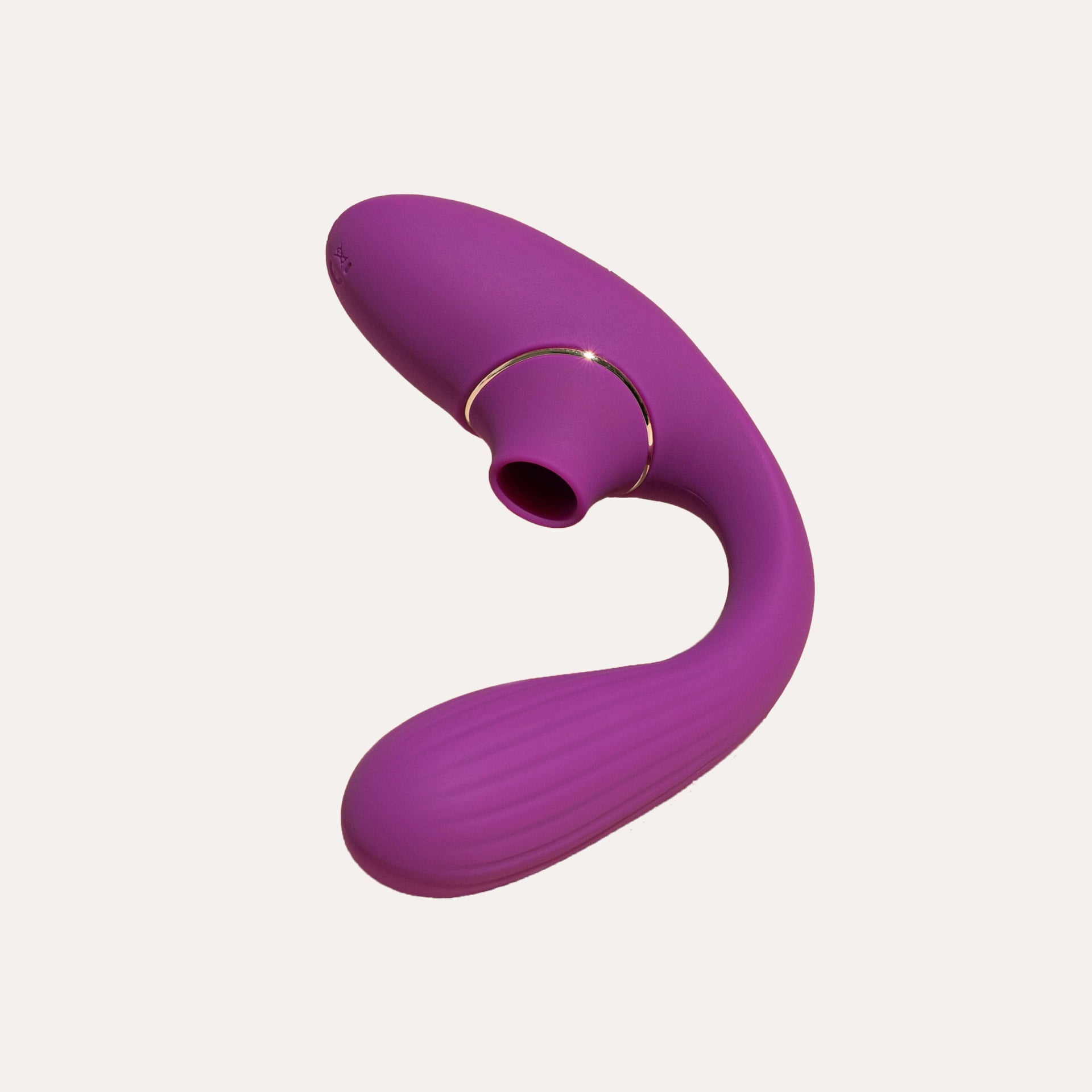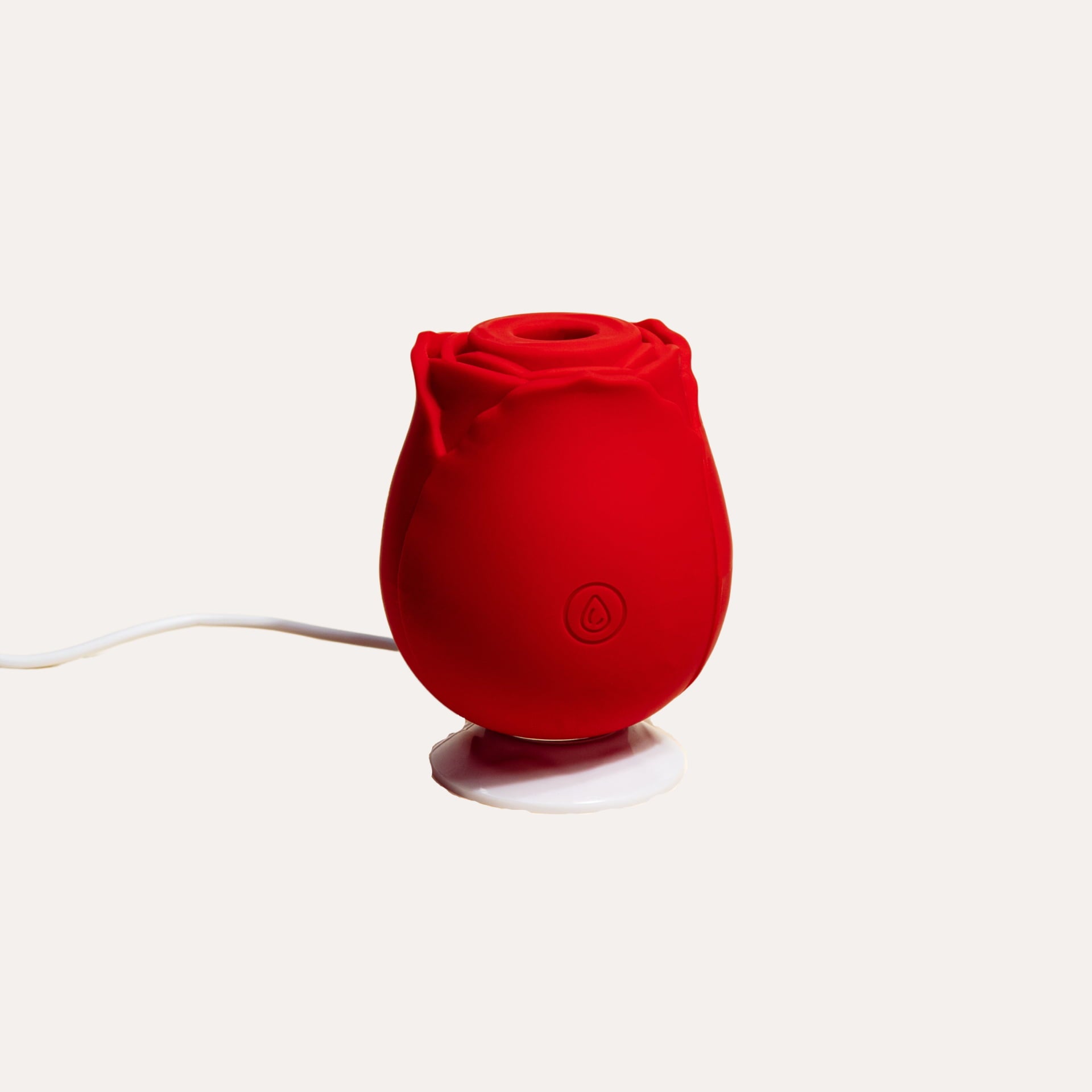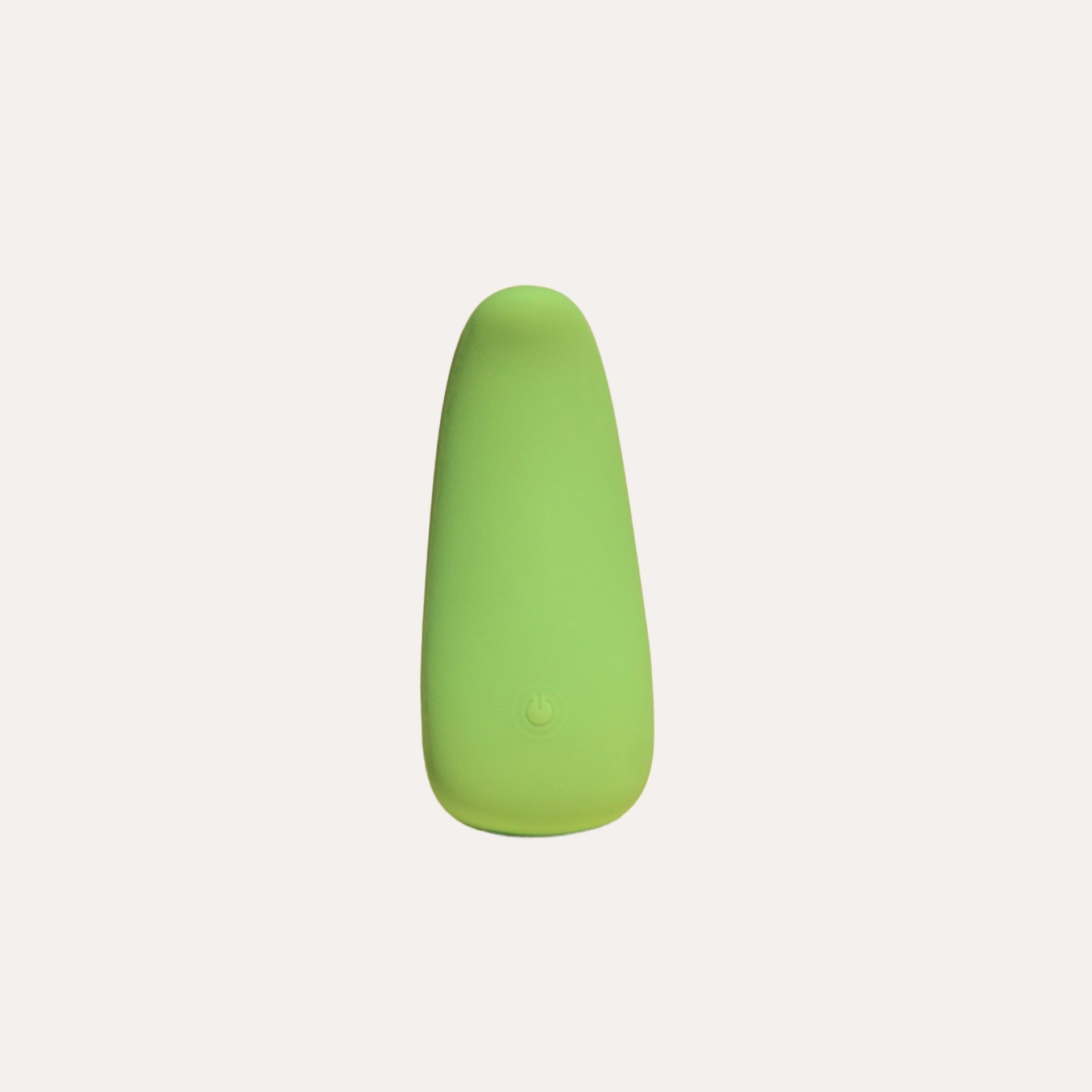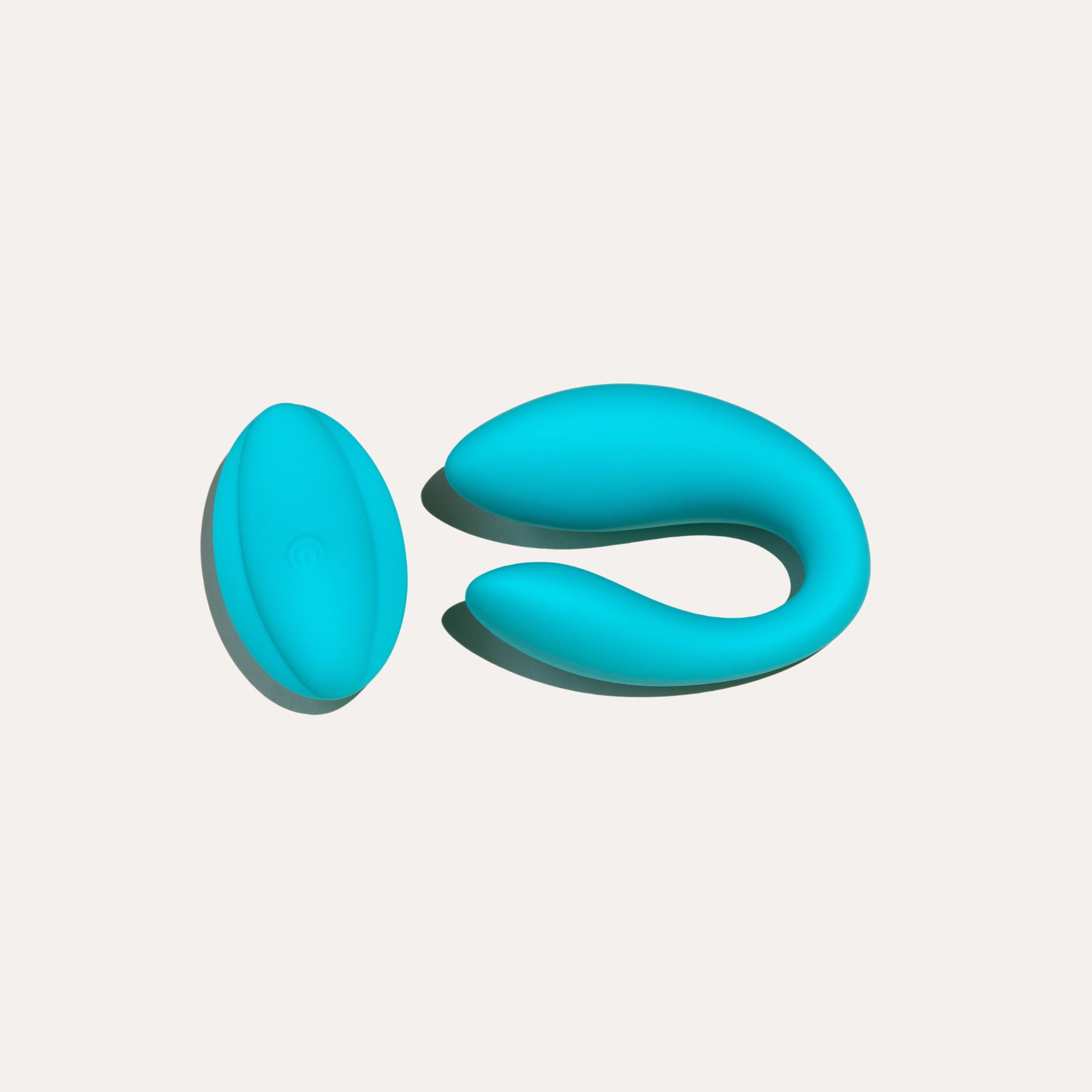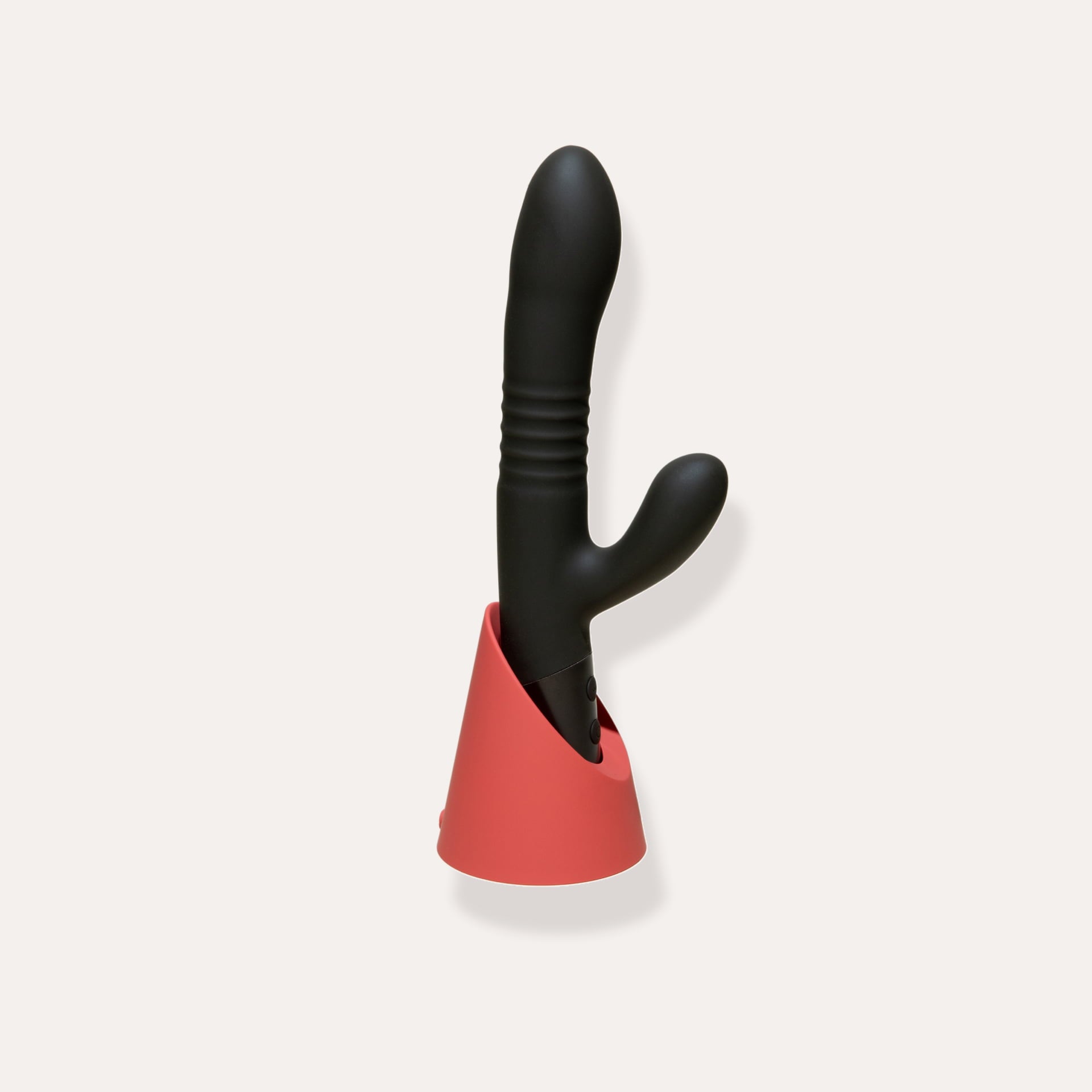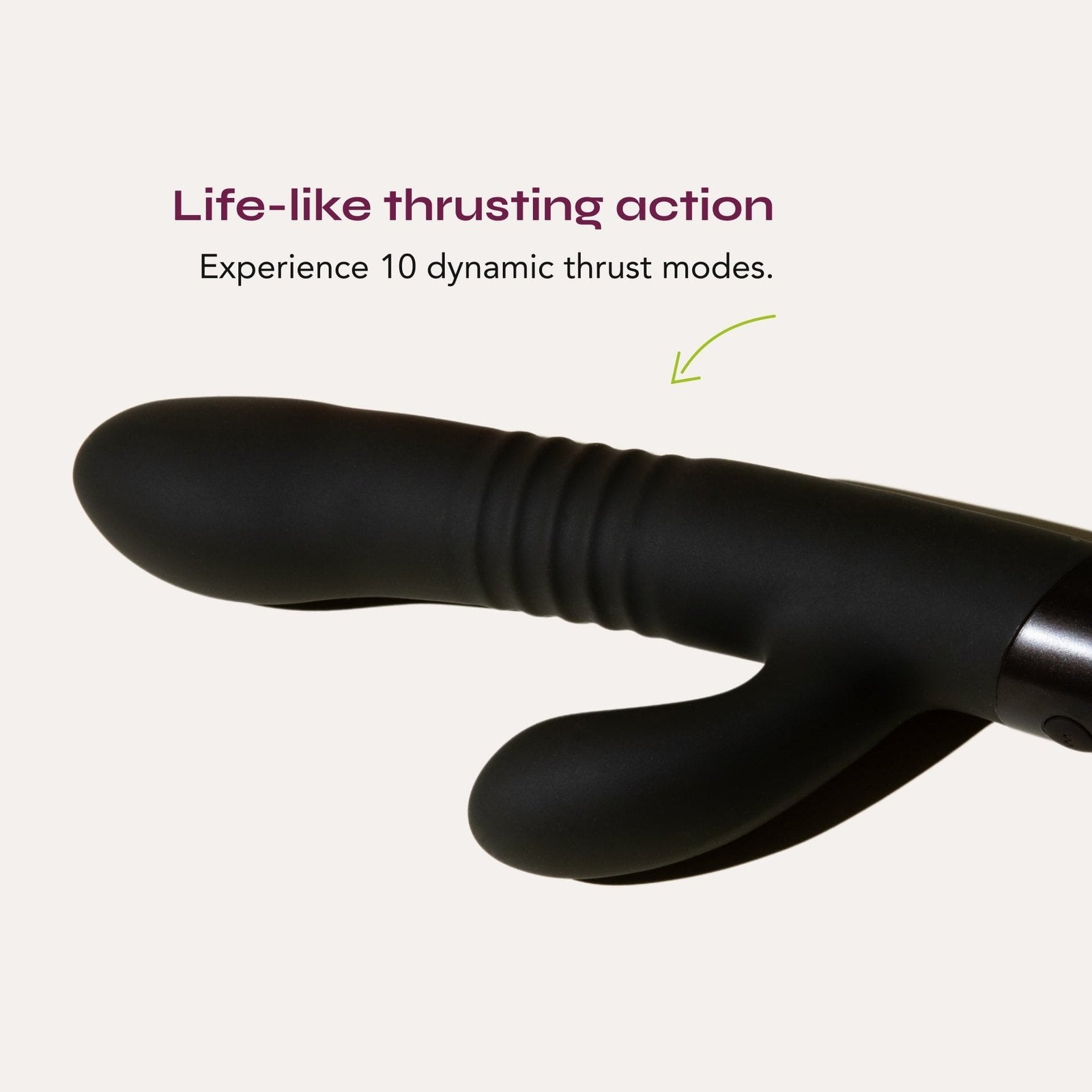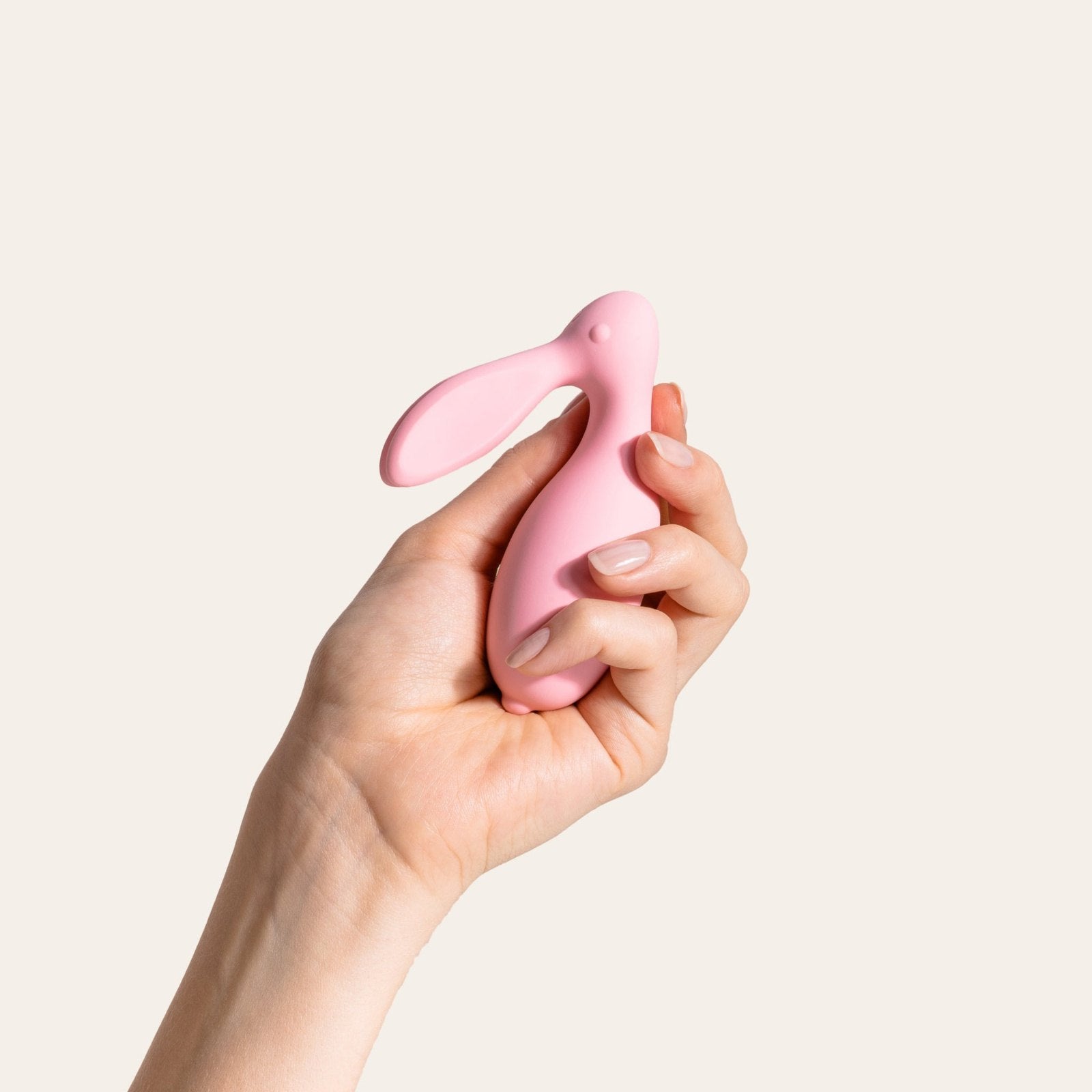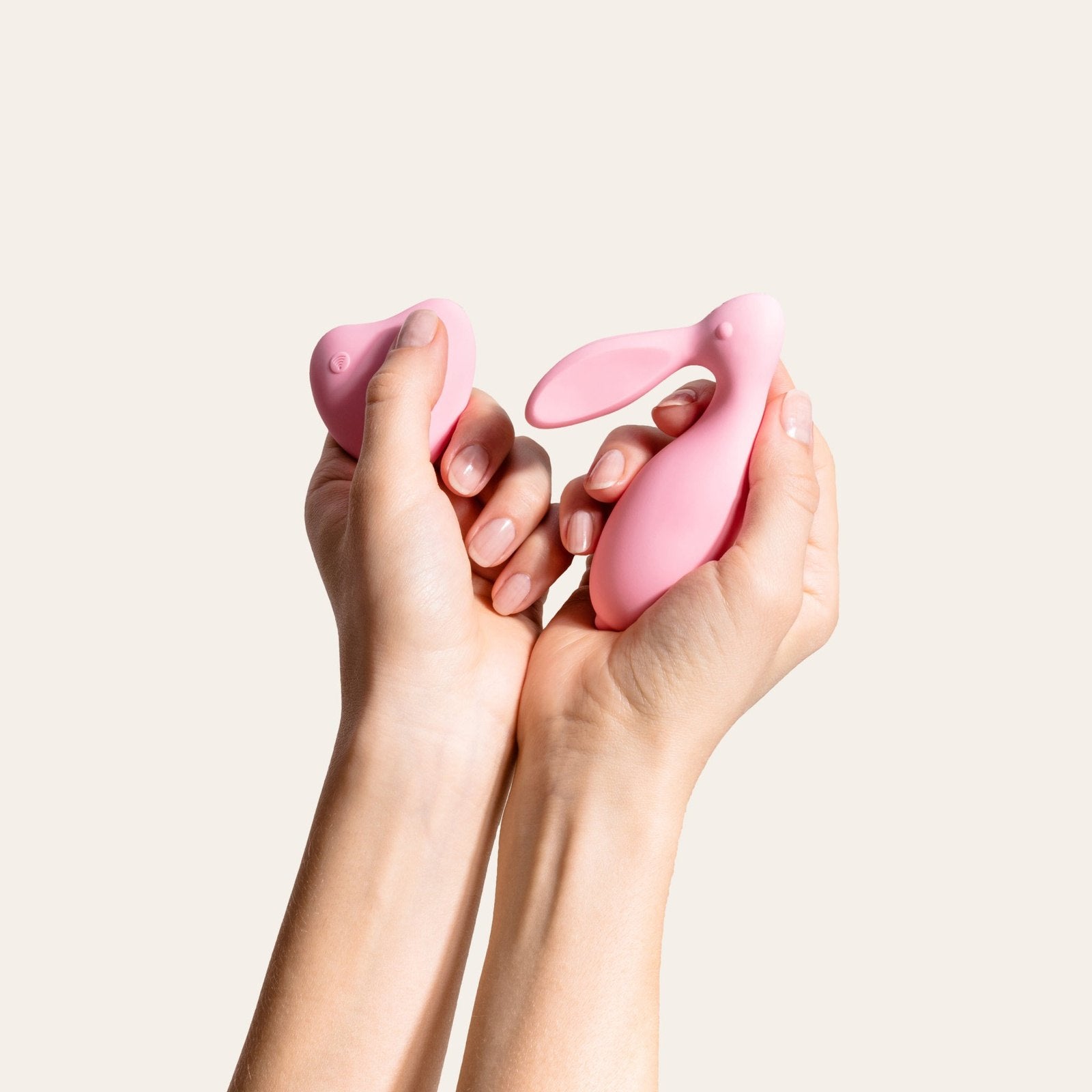Your pelvic floor muscles are the unsung heroes of sexual pleasure. These hidden muscles form a hammock of support at your body's core, and they do far more than just hold things in place - they're actually one of the key players in sexual satisfaction and orgasmic potential.
Just like any other muscles in your body, your pelvic floor needs to be in balance. When these muscles are too weak, you might notice decreased sensation or less intense orgasms. When they're too tight, pleasure can turn to discomfort. The sweet spot lies in having muscles that are both strong and supple, able to contract for pleasure and relax for arousal.
Here’s How Pelvic Floor Muscles Create Orgasmic Pleasure
Ever wonder what's actually happening during an orgasm? Those waves of pleasure you feel are your pelvic floor muscles contracting rhythmically. These contractions aren't just a side effect of orgasm - they're a key part of what makes orgasms feel so good.
When your pelvic floor muscles are strong and flexible, they can contract more powerfully during orgasm, creating more intense sensations. It's like having a stronger heartbeat - each pulse of pleasure becomes more noticeable and satisfying.
Think about the last time you experienced an orgasm. Those rhythmic pulses of pleasure, typically happening every 0.8 seconds, are your pelvic floor muscles contracting and releasing. The stronger these muscles are, the stronger these pleasurable contractions can be.
But strength isn't everything. These muscles also need to be able to relax fully.
During arousal, your pelvic floor naturally relaxes to allow increased blood flow - essential for sensitivity and orgasmic potential. If your muscles are too tight, they might restrict this vital blood flow or cause discomfort, making it harder to reach orgasm.
Many people notice changes in their orgasms over time. Maybe they don't feel as intense, or they're harder to reach. Often, this has to do with changes in pelvic floor strength or tension.
The good news? Understanding this connection means you can actively improve your orgasmic potential through pelvic floor awareness and care.
When Pleasure Changes: Understanding Your Pelvic Floor's Role
Many women don't realize their pelvic floor might be affecting their pleasure until something changes. Maybe orgasms feel less intense, or arousal takes longer, or penetration becomes uncomfortable. These changes often leave women feeling confused and frustrated, especially when they can't pinpoint why their sexual experiences feel different.
The connection? Your pelvic floor muscles can be either too weak or too tense - and both conditions affect pleasure in different ways.
Signs of a Weakened Pelvic Floor
When pelvic floor muscles lose their strength, your sexual experience can change significantly. You might find your orgasms aren't as powerful as they used to be, or that you're feeling less sensation during penetration. Many women notice it takes longer to build arousal, or that they're not as sensitive to touch and stimulation as before. These changes can happen gradually, making them hard to identify at first.
When Pelvic Floor Muscles Become Too Weak, You Might Notice:
Sexual Symptoms:
- Less intense orgasms
- Decreased sensation during penetration
- Difficulty building arousal
- Lower sensitivity during stimulation
Urinary Symptoms:
- Leaking when laughing, coughing, or exercising
- Frequent urination
- Rushing to reach the bathroom
- Difficulty fully emptying your bladder
Physical Symptoms:
- A feeling of heaviness or pressure in the vagina
- Lower back pain
- Feeling like something is falling out
- Discomfort during exercise
- Hip instability or weakness
When Your Pelvic Floor is Too Tense
On the flip side, excessive pelvic floor tension creates its own set of challenges. Penetration might become painful or uncomfortable. Some women find it harder to reach orgasm, almost like their body is working against them. You might experience a sensation of being "blocked" during arousal, or notice cramping after orgasm. This tension can create a cycle where anticipating discomfort makes it harder to relax and enjoy pleasure.
These changes can develop over time, or they might be triggered by specific life events like childbirth, menopause, or extended periods of stress.
When Pelvic Floor Muscles Are Too Tense, Common Experiences Include:
Sexual Symptoms:
- Pain or discomfort during penetration
- Difficulty reaching orgasm
- Feeling "blocked" during arousal
- Cramping after orgasm
Urinary Symptoms:
- Frequent urge to urinate
- Difficulty starting urination
- Incomplete emptying
- Pain during urination
Physical Symptoms:
- Persistent lower back pain
- Hip pain or tightness
- Tailbone pain
- Pain during bowel movements
- Discomfort while sitting
- Tension in inner thighs
- Unexplained abdominal pain
Improving Pelvic Floor Health for Better Sexual Satisfaction
Understanding the connection between your pelvic floor and sexual pleasure opens up a world of solutions. Whether you're dealing with weakness, tension, or simply want to enhance your pleasure potential, there are effective ways to improve your pelvic floor function.
For Weak Pelvic Floor Muscles
Kegel exercises, when done correctly, can help strengthen pelvic floor muscles and intensify orgasms. The key is proper technique. During orgasm, your pelvic floor muscles naturally contract rhythmically. By strengthening these muscles, you can experience more powerful contractions and more intense pleasure.
You can use products such as kegel trainers to help strengthen your pelvic floor.
However, not all women need to strengthen their pelvic floor. This brings us to the often-overlooked flip side:
For Tense Pelvic Floor Muscles
Sometimes the path to better sexual satisfaction isn't about tightening - it's about learning to RELAX these muscles. Tension can block blood flow and arousal, making orgasms harder to achieve. Learning to release pelvic floor tension through diaphragmatic or deep breathing exercises and gentle movement can dramatically improve sexual pleasure.
Using very gentle vibrations can help relax the pelvic floor especially when paired with deep breathing can help encourage your muscles to relax.
If tension has effected your vaginal canal and penetration (even with fingers, tampons or at the gyno) causes pain, you might benefit from dilator therapy to help these muscles and tissues relax.
Read our guide on pelvic floor relaxing breathing exercises here.
When to Seek Professional Help
While at-home practices can be effective, sometimes professional guidance makes all the difference. A pelvic floor physical therapist can provide personalized assessment and treatment plans. They can identify whether you need to strengthen or relax your muscles and teach you specific techniques for your situation.
Remember: investing in your pelvic floor health isn't just about addressing problems - it's about enhancing your capacity for pleasure and maintaining long-term sexual wellness.



